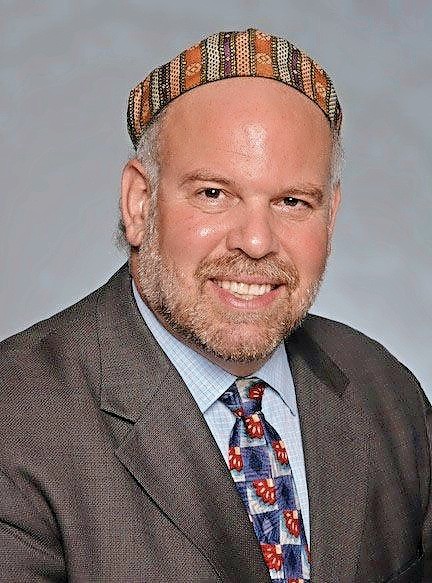Becoming a Hanukah upstander
The Maccabees fought against the brutal oppression of the Greek-Selucid empire. The Selucid Kings, especially Antiochus IV Epiphanes, wanted to assimilate the Jews into their realm. They forbid the practice of Judaism, bitterly oppressed the Jews, and desecrated the holy Temple in Jerusalem, rendering it unfit for Jewish worship. The Maccabees fought their Greek rulers and won back the Temple, Jerusalem, the Land of Israel, and freedom.
Contrary to our modern rationalization of Hanukah as a celebration of the ideal of religious freedom and toleration (still being worked out in America), the victorious Maccabees were anything but religiously tolerant. They murdered on sight the more militant Jewish Hellenists and enforced the rite of circumcision under penalty of death. Sabbath violators were likewise threatened. It seems that the common Judean citizen was caught between the Scylla of pagan Hellenism and the Charybdis of fanatic Jewish fundamentalism. Our Jewish sages did not want the Maccabees to be venerated. They placed the focus for the holiday on God’s support for the people symbolized by the story of a jug of oil sufficient for one day, burning for eight until sufficient pure oil could be pressed to provide fuel for the menorah in the ancient Temple. As the holiday of Hanukah was established, a special nine-branched menorah was used to provide commemorative light and hope. Without hope the Jews would not have rebelled; without hope the Maccabees might have quit. They were unwilling to abandon the source of their fortitude, the Torah, Jewish practice, and the covenant with God.
The Maccabees were like our Puritans who fled England for America to escape religious persecution and then became intolerant of others who worshipped God differently. Unfortunately, all of us have been acculturated with various forms of prejudice. We need to examine ourselves so that we can recognize our own bias and resolve to not act upon it.
About 14 months ago, after the murderous rampage at Tree of Life Synagogue in Pittsburgh, our community gathered to express sadness, outrage, and solidarity with the Jewish community of Pittsburgh. At that time, I challenged us to be upstanders. “We must make a commitment to one another, here and now. We will say No, a loud, resounding, definitive, No! to anti-Semitism in any guise and to all hate speech and behaviors. Let us make a decision, here and now, to empower ourselves and stand together against hateful attitudes, hateful speech, acts of bias, and discrimination. Let us do this when we witness hate from the left or the right or the mainstream.”
Many assented to the need to become an upstander and voiced a commitment to do so. The South Nassau Interfaith Clergy (SONIC) urges you to participate in one of the micro-aggression workshops facilitated by the Anti-Racism Project. This commitment of two hours of your time will help you learn about racial prejudice and its societal origins in America. As we learn about one type of bias, we are informed about other negative stereotypes and behaviors born of hate. Learning about racism will help us overcome anti-Semitism, gay bashing, and misogyny too. Your clergy challenges our community to learn, reflect, and strategize how you can be an upstander in the face of hate speech and hateful acts. The micro-aggression workshop will help you begin. Engaging in this learning will help you to stand up in the face of bigotry and help others to experience the flickering light of hope.
We know in our hearts that we can make our society better and our lives meaningful. We need to share this hope and commitment to expanding opportunities for all people. This is an important way for us to kindle the fire. When we share the light from our candle, we inspire others to rededicate themselves to a society wherein we honor all God’s children. In so doing, we derive benefit for ourselves and serve as wonderful, tangible, living examples for one another, especially for our youngsters.
I extend to you good wishes for a bright and hopeful Hanukah, Christmas, and Kwanza.
–Rabbi Marc A. Gruber
Central Synagogue - Beth Emeth






